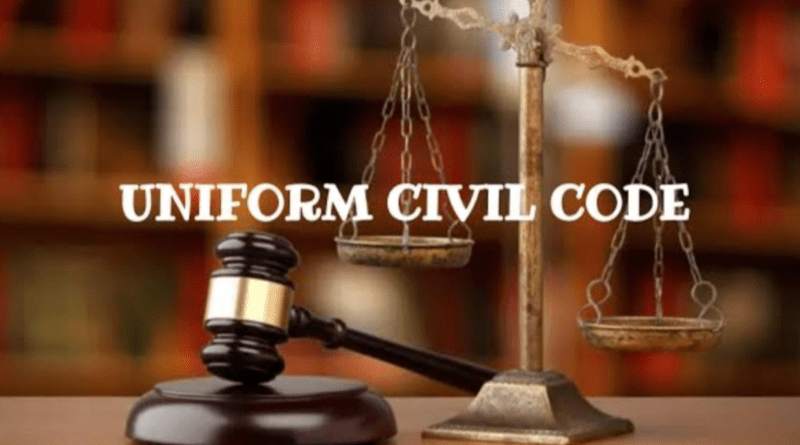“Uttarakhand Is The First To Adopt Uniform Civil Code Now”
Uttarakhand became the first state in the nation to adopt a Uniform Civil Code, which offers common law for matters like marriage, divorce, inheritance, and property, after receiving approval from the House.
The Uniform Civil Code (UCC) Bill was introduced by Uttarakhand Chief Minister Pushkar Singh Dhami, and it was passed by the state Assembly on Wednesday. Uttarakhand became the first state in the nation to adopt a Uniform Civil Code, which offers common law for marriage, divorce, property inheritance, and other matters, after receiving approval from the House.
Under the direction of former Supreme Court judge Justice Ranjana P. Desai, a high-level committee constituted by the Uttarakhand government produced a draft of the UCC Bill, which will now become an act.Uttarakhand is putting the Uniform Civil Code into effect months before the 2024 Lok Sabha elections.
According to sources, BJP-ruled states like Assam and Gujarat are in the process of passing UCC laws, and the Union Government is seeking to introduce a similar law at the federal level.Aside from the construction of the Ram Temple in Ayodhya, Uttarakhand, and the repeal of Article 370 in Jammu and Kashmir, the Uniform Civil Code has been one of the cornerstones of the BJP’s agenda.
UCC: Tribals will continue to be exempt.Personal rules from every faith previously governed matters like marriage, divorce, inheritance, and other matters; the Uniform Civil Code brings these matters under common law.Bigamy, or marrying someone while still legally married to another, and polygamy, or having many spouses at the same time, are prohibited by the common code.
The Scheduled Tribes (ST) community’s members will continue to be exempt from the Uniform Civil Code, according to the Uttarakhand government. The UCC is not going to impact “members of any Scheduled Tribes within the meaning of clause (25) of Article 366 read with Article 142 of the Constitution of India and the persons and group of persons whose customary rights are protected under Part XXI of the Constitution of India.”




